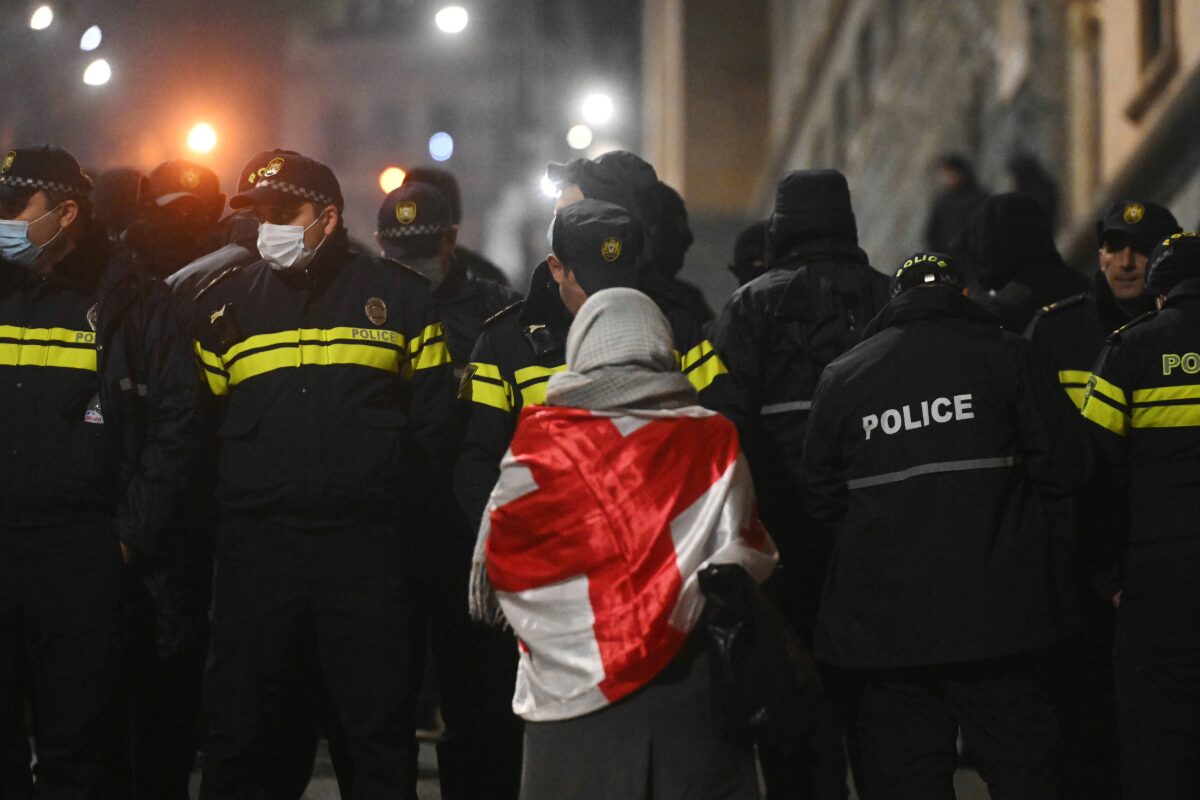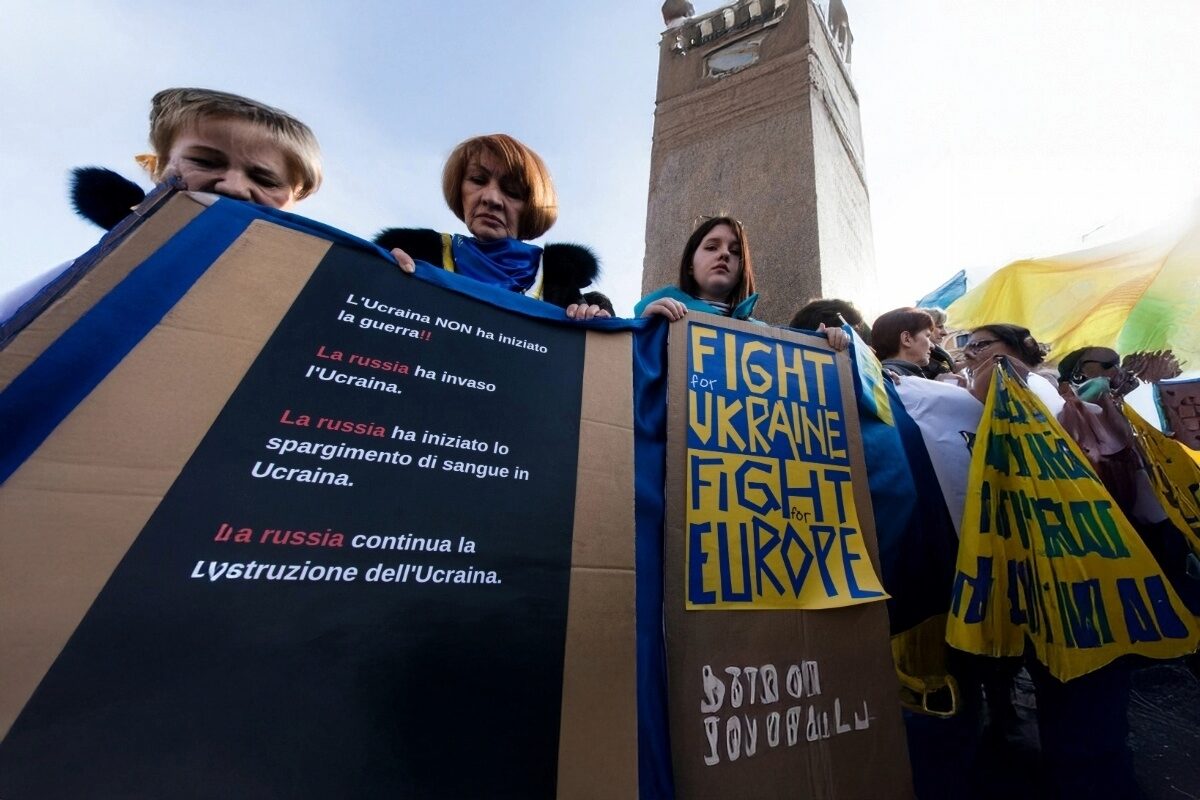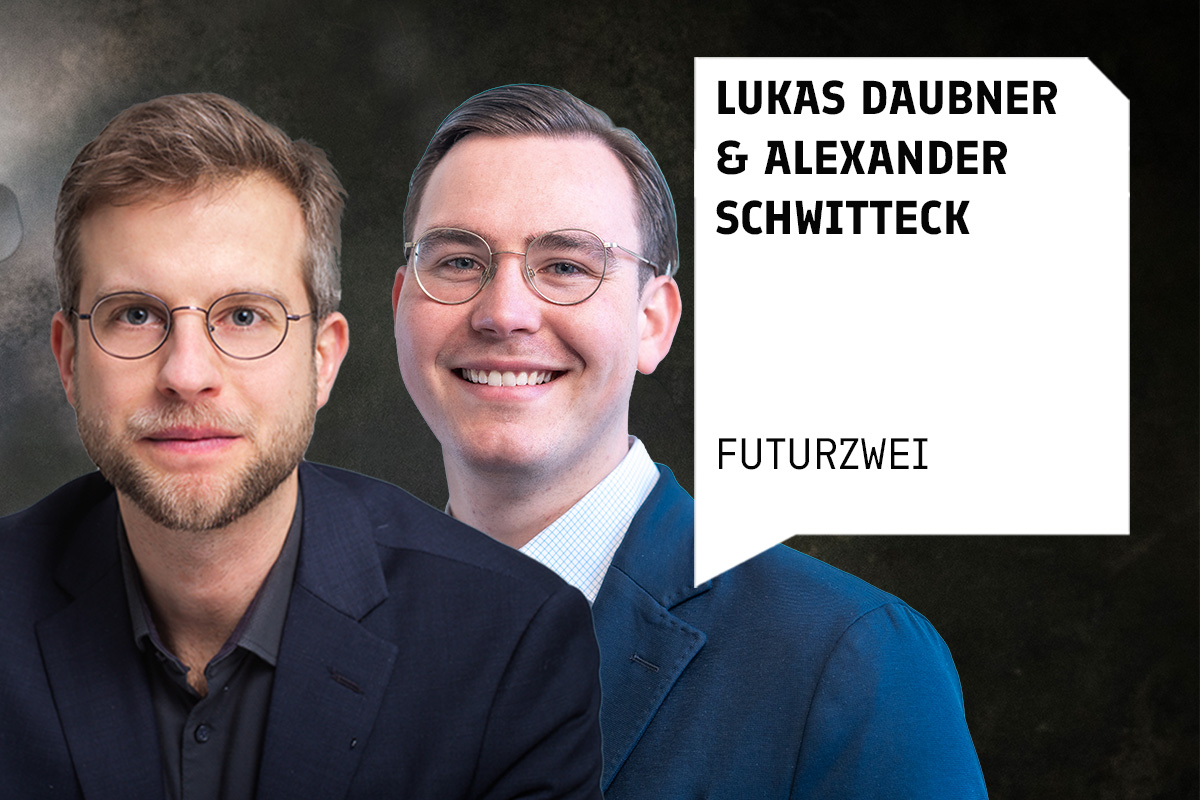My personal history gives reason for hope

It is her own personal story that gives hope: Israeli Tzipi Diskind was born in Jerusalem and is a member of the ultra-religious Haredim. According to the mother of four, her religious community could play a special mediating role in the conflict with the Palestinians. After all, they have a lot in common with religious Muslims, she says. Empathy and trust, above all, are needed so that dialog between Israelis and Palestinians can succeed, as Tzipi Diskind writes. She believes in a peaceful solution to the conflict — despite the extremely difficult political situation.
The year was 1934 and my great-grandfather was, once again, on a business trip in Cairo. He was an agent of an international company, travelling on the Damascus-Alexandria line. This time, he had something important in his pocket: a picture of a young woman from Tel Aviv who was very much interested in marrying him. While he was many years her senior, she was very attractive: good looking, highly intelligent, polyglot, an excellent baker and chef. For some reason, he wasn’t sure yet. Sitting with his Cairene friends, he casually mentioned this woman, showing them her picture.
Grandfather’s story
“Are you nuts?” came the answer. “How can you even think twice about it? Marry her!”
The rest is history.
And so, my great-grandfather’s Arab friends from Egypt are one of the factors of how I came to exist.
This anecdote has so many layers in it, relevant to our current days, but the first question I would like to entertain is – why couldn’t this happen today? Or at least, why are the odds for this to happen today so low? Why can’t a Jewish businessman from Jerusalem consult with his Palestinian peers from Ramallah about a possible future wife?
For me, the first answer is that we learned to think about each other in terms of labels, coins, put each other into molds, often led, too often misled, by the media we consume. After so many years of hostility between our nations – we stopped thinking about each other as individuals, human-beings, persons with lives full of everyday details, characters, desires, dreams and hopes. We stopped trying to understand what is driving the other side’s actions, we often just hypothesize about what they are, based on our prior misled assumptions.
Haredim as mediators
And this is so unfortunate. To quote a friend of mine – us, Haredi people, could be a bridge to our neighbors. Because the fact we are religious creates an understanding of the religious feelings of our neighbors in general, and to everyday practices stemming from religion in particular. I, as a Haredi woman who dresses modestly and covers her hair with a headscarf, who teaches her children to devout their lives to the ways of G‑d, can very much identify with a Muslim woman who does the same. I stop my day to pray the Mincha prayer, just as a Muslim woman stops to pray one of her afternoon prayers. I could go on and on with this.
But how many times do we think this way? How many times did we really stop to think about our neighbors, seeing them as human beings? I know exactly how and why we came to be this way, yet I think that our way to stop this is to start knowing each other. The only Palestinians we know are those who work inside Israel, so we might know them as construction builders or movers, but we almost never know anything about their lives. Who are they, why do they live here, what do their lives look like?
Talking with one another instead of talking about the other
The only way to break this is to really stop educating ourselves about the others. So let me start with myself – I’m a mother of four, living in Jerusalem where my mother and grandfather were born. A software engineer by my education, I write about science, technology and foreign news for Mishpacha Magazine, a widely-read magazine for the Jewish Orthodox community around the globe. I see the fact that I live in the city where my ancestors lived as a huge merit. My youngest daughter is going to school right across the street from where my grandfather’s grandparents used to live – their apartment is still there. As a religious woman, I feel double-privileged to live in the holy land, because many of the Mitzvot, Hebrew for commandments, are dependent upon our living on this land. It is a Mitzvah in the Torah, the 5 books of Moses, that gave us the name The People of the Book, to live in the holy land. And there is a chain of Mitzvot that we can fulfill only with the Holy Land’s produce or the Holy Land’s fields. This desire to fulfill G‑d’s commandments is what led my ancestors to come back to this land, and is why I, and many thousands of people from my community, live here – not because of any political desire, but because of our desire to do what G‑d commanded us to do.
To live side by side with one another
This worldview is what led a delegation of Haredi rabbis from Jerusalem to travel to Jordan on February 24, 1924 and meet the Emir Abdallah, later the first king of Jordan, and his father, the Sheriff Hussein Bin Ali. They wanted to make sure that the Arabs will know that the intentions of our community were to live here alongside Arabs, and cooperate with them. Hussein Bin Ali was all for it – but history went in different directions.
The time has come for us to renew this effort – let’s have delegations of our religious leaders meet each other. Let’s meet each other ourselves. It’s time for us to break the spell of the bloodshed here and start striving for a mutual future. I believe we can do it. Do you?
The article was first published in the Palestinian daily newspaper AlQuds.
Hat Ihnen unser Beitrag gefallen? Dann spenden Sie doch einfach und bequem über unser Spendentool. Sie unterstützen damit die publizistische Arbeit von LibMod.
Spenden mit Bankeinzug
Spenden mit PayPal
Wir sind als gemeinnützig anerkannt, entsprechend sind Spenden steuerlich absetzbar. Für eine Spendenbescheinigung (nötig bei einem Betrag über 200 EUR), senden Sie Ihre Adressdaten bitte an finanzen@libmod.de
Verwandte Themen
Newsletter bestellen
Mit dem LibMod-Newsletter erhalten Sie regelmäßig Neuigkeiten zu unseren Themen in Ihr Postfach.





